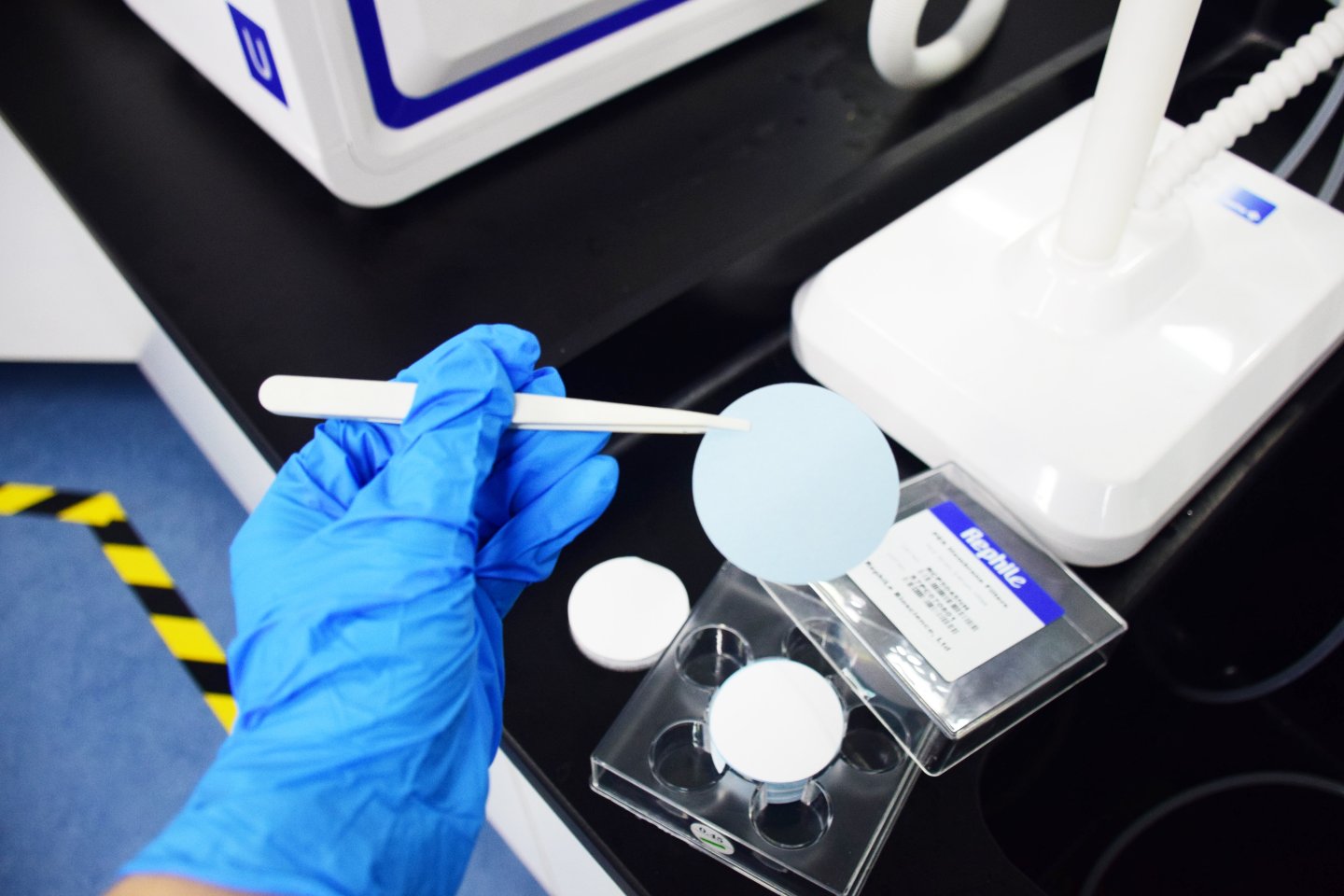Chimeric Therapeutics has successfully secured the manufacturing of a key tool for cell therapy targeting gastrointestinal and neuroendocrine tumours as the company gets set for a clinical trial. Management says by securing the supply of “viral vectors” it has successfully navigated one of the most critical and challenging components of the manufacture of its “CAR T” cell therapy Chimeric is now focused on advancing its treatment to a first phase clinical trial.


ASX-listed Chimeric Therapeutics has successfully completed the manufacture of a key tool for a cell therapy targeting gastrointestinal and neuroendocrine tumours as the company pushes it towards a clinical trial. Management says by securing the supply of “viral vectors” it has successfully navigated one of the most critical and challenging components of manufacturing its “CAR T” cell therapy.
Viral vectors are an important tool used in the treatment of genetic diseases as they are broadly used to deliver genetic material into cells. Once they are injected into the patient they aim to then treat the targeted cells in a variety of ways; by replacing a faulty gene that is causing disease, adding genes to help the body fight or treat disease, or switching off genes that are causing disease.
The freshly secured supply of viral vectors will support Chimeric’s effort to get its latest cell therapy, CHM 2101 to progress to a clinical trial.
CHM 2101 was invented at the world-renowned cell therapy centre, the University of Pennsylvania. Results from preclinical trials show strong evidence of the treatment’s efficacy with the complete eradication of eight different types of gastrointestinal cancers with no relapse or toxicity.
The company plans to focus on targeting gastrointestinal and neuroendocrine tumours in its clinical trial.
Survival rates for those diagnosed with gastrointestinal cancers are lower than for other more well-known cancers with a five-year survival rate of just 51 per cent.
While neuroendocrine tumours are cancers that begin in specialised cells called neuroendocrine cells. Neuroendocrine cells have traits similar to those of nerve cells and hormone-producing cells. Neuroendocrine tumours are rare but can occur anywhere in the body.
Importantly, Chimeric notes a current shortage of vector manufacturing capacity has significantly delayed other cell therapy company’s development programs, in addition to challenging commercial manufacturers.
Chimeric Therapeutics Chief Executive Officer and Managing Director, Jennifer Chow said: “Vector supply continues to significantly challenge the cell therapy industry with current backlogs of more than a year to access vector manufacturing.”
“Securing vector supply for the CHM 2101 Phase 1A clinical trial marks a significant milestone for advancing CHM 2101 towards the clinic and patients that need novel therapies to treat advanced gastrointestinal and neuroendocrine tumours.”
The viral vector manufacturing industry is directly driven by growth in the broader gene-modified cell therapy market, which the NSW Government has forecast to form a global $120 billion market by 2035. Australia’s viral vector manufacturing market is expected to reach US$50 million by the end of 2026.
Chimeric is an Australian clinical stage cell therapy company that believes its treatments have the potential to one day actually cure cancer, not just delay its progression.
Apart from CHM 2101 Chimeric also currently has two other therapies at the clinical trial stage.
CHM 1101 is a therapy that has been developed for the treatment of patients with solid tumours. The treatment is currently being studied in a phase one clinical trial in recurrent and progressive glioblastoma. So far positive data has been returned from patients who have been treated in the first two dose levels of the trial.
The company is also looking to expand its work with CHM 1101 to metastatic melanoma.
The biotech’s CORE-NK platform is a clinically validated, off the shelf natural killer cell platform. Results from a completed phase one clinical trial was published in March 2022 and demonstrated safety and efficacy is attacking blood cancers and solid tumours. An additional clinical trial using two different cancer treatments is now underway.
From its CORE-NK platform, Chimeric has kicked off development of four new assets with plans for phase one trials in solid tumours and blood cancers.
Chimeric’s ability to produce its own viral vectors will keep it at the tip of the spear in the potentially life changing work of cell therapy. Its ability to move the new treatment to a clinical trial stage is vital in eventually getting its therapy to market which could potentially revolutionise the life of cancer patients across the globe.
Is your ASX-listed company doing something interesting? Contact: matt.birney@businessnews.com.au












